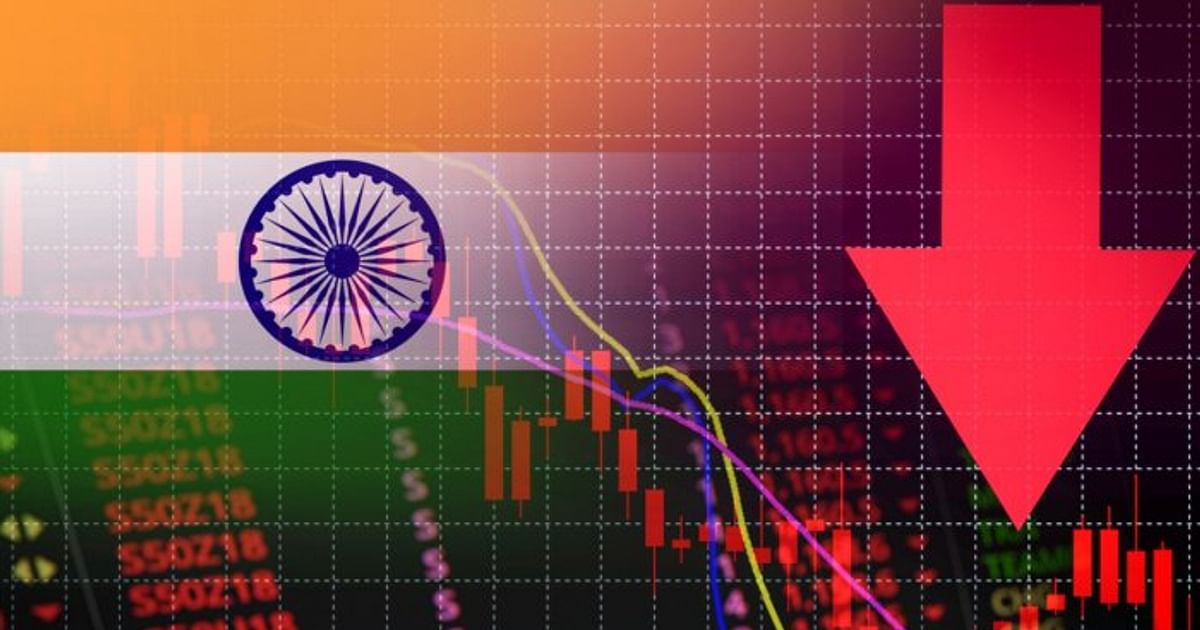India may have to weather the impact of the Red Sea crisis in some sectors, the Union Finance Ministry said in its monthly economic report on Friday (March 22). To overcome the challenges, India may need to diversify its trade routes and transportation options, which could impact export competitiveness.
The finance ministry said: “India could see sectoral impact on agricultural commodities, marine products, textiles, chemicals, capital goods and petroleum products.” Consequently, it remains to be seen whether the value of merchandise exports will be affected in the next fiscal, the ministry said.
India also needs to pay attention to its current account deficit in FY25, the monthly review said. In the current fiscal, strong earnings from services exports and a fall in global commodity prices have narrowed India's trade deficit despite lower exports. This will also help keep the current account deficit in balance. However, the current account deficit in FY25 will be “keep an eye on,” the finance ministry noted.
The Treasury Department elaborates on the likely economic impact of the Red Sea situation, noting: “Continued increases in transportation costs may drive up inflation. The crisis is impacting global food prices and disruptions in grain shipments from Russia, Ukraine and Europe pose risks to global food security. All of these could be signs of increasing inflationary pressures.”
However, for now, the Treasury has summarized the situation as follows: “There are headwinds such as signs of rising crude oil prices and bottlenecks in the global trade supply chain. India broadly looks forward to a good outlook for FY25.”
80% of India's goods trade with Europe passes through the Red Sea, affecting key products such as crude oil, cars and auto parts, chemicals, textiles and iron and steel. The combined impact of higher freight costs, insurance premiums and longer transit times could make imported goods significantly more expensive.
Asian economies such as China, Japan, India and South Korea are among the largest net oil importers in the world. Therefore, there could be ongoing shipping disruptions in Asia. A rise in oil prices could pose an upside risk to inflation and therefore growth.
(Edited by: Shoma Bhattacharjee)
First Published: Mar 22, 2024 5:10 PM IST

“Pop culture scholar. Subtly charming beer specialist. Reader. Student. Devoted music advocate.”







